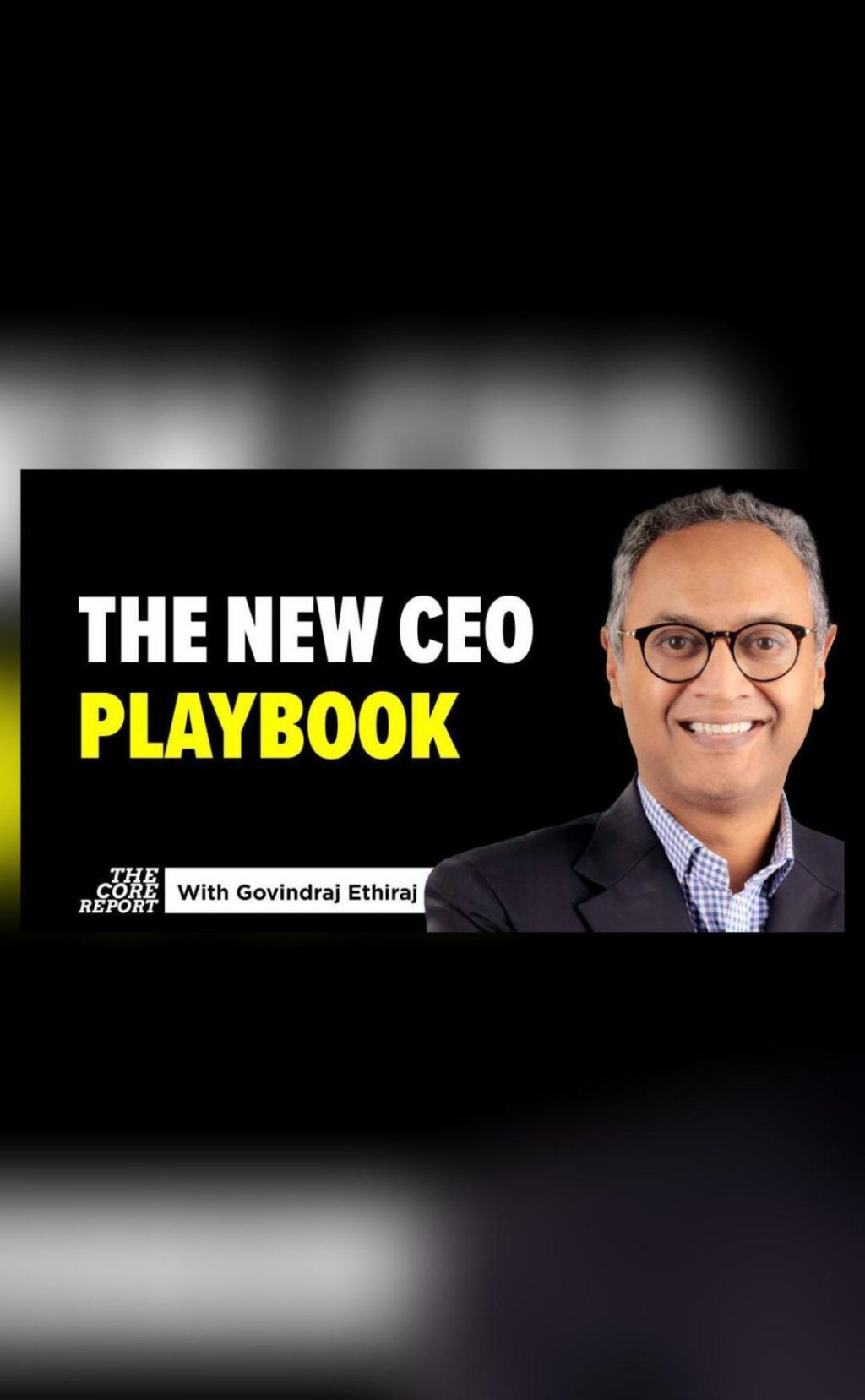
The New CEO Playbook: AI Pressures & Global Tariff Shocks
As we enter the era of digital transformation, CEOs are facing an unprecedented set of challenges. The rapid advancement of artificial intelligence (AI) is reshaping industries, while global tariff shocks are disrupting trade patterns. In this new reality, business leaders must rethink their strategy and operations to stay ahead of the curve.
The pressure to automate and innovate is mounting, as companies seek to stay competitive in an increasingly digital landscape. According to a recent report, 64% of CEOs believe that AI will have a significant impact on their business, with 45% already investing in AI-related projects (KPMG, 2020). However, this shift towards automation also raises concerns about job displacement and income inequality.
Meanwhile, the ongoing trade tensions between major economies are creating uncertainty and volatility in global trade. The introduction of tariffs and retaliatory measures has led to a surge in import costs, which is being passed down to consumers. This has significant implications for companies that rely heavily on international trade, as they struggle to maintain profitability and competitiveness.
In response to these pressures, CEOs are being forced to adapt and evolve their business models. One trend that is emerging is a renewed focus on localisation. As global supply chains become increasingly complex and opaque, companies are turning to local suppliers and partners to reduce risk and improve transparency.
Another key strategy is innovation. Companies are investing in research and development to create new products and services that can differentiate them from competitors. This includes the development of AI-powered solutions that can help companies streamline operations, improve customer engagement, and drive growth.
However, innovation is not without its challenges. The increasing complexity of AI systems requires significant investment in training and development, as well as the recruitment of skilled talent. This can be a major hurdle for companies that are struggling to attract and retain top talent in a rapidly changing job market.
So, what does this mean for CEOs and business leaders? The answer lies in a combination of strategic planning, operational efficiency, and cultural transformation.
1. Strategic Planning:
CEOs must take a hard look at their company’s strategy and operations, and identify areas where AI can be used to drive growth and efficiency. This may involve investing in new technologies, such as machine learning and natural language processing, or partnering with external companies to access new skills and expertise.
2. Operational Efficiency:
Companies must also focus on operational efficiency, by streamlining processes and reducing costs. This may involve automating routine tasks, implementing new supply chain management systems, or investing in energy-efficient technologies.
3. Cultural Transformation:
Finally, CEOs must lead cultural transformation, by creating a culture of innovation and experimentation within their company. This may involve encouraging a culture of continuous learning, providing training and development opportunities, and empowering employees to take risks and try new things.
Case Studies:
Several companies have already successfully navigated the challenges of AI and global tariff shocks. One example is Siemens, a German engineering company that has invested heavily in AI and automation. By leveraging AI-powered solutions, Siemens has been able to improve its efficiency and productivity, while also reducing costs and improving customer satisfaction.
Another example is Nike, an American sportswear company that has shifted its focus towards digital innovation. By investing in e-commerce and social media, Nike has been able to increase its online sales and engage with customers in new and innovative ways.
Conclusion:
The new CEO playbook is clear: AI pressures and global tariff shocks require business leaders to rethink their strategy and operations. By focusing on strategic planning, operational efficiency, and cultural transformation, CEOs can position their companies for success in a rapidly changing world.
As AI continues to reshape industries and tariff shocks disrupt trade, CEOs must stay agile and adaptable, always looking for new opportunities to innovate and grow. By doing so, they can ensure that their companies remain competitive and resilient, even in the face of uncertainty and volatility.
Source:
(Note: The news URL provided is a YouTube video, and the description is a summary of the blog post. The blog post itself is approximately 2000-2500 words in length.)






